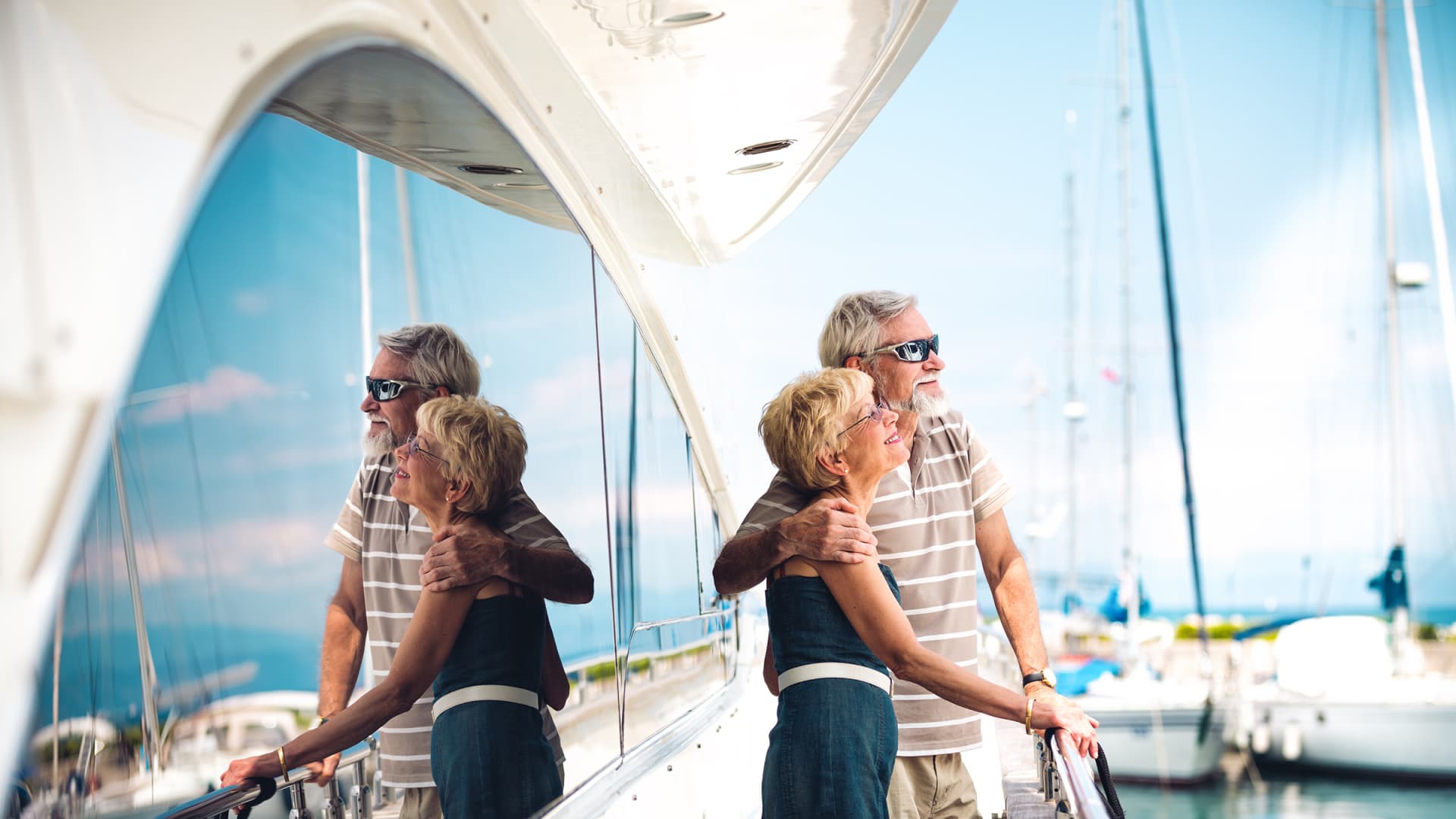Senior woman traveling alone: A growing trend presents unique challenges and rewards. This exploration delves into the practical considerations, safety measures, and enriching experiences for women embarking on solo adventures later in life. From meticulous planning and preparation to navigating cultural nuances and ensuring personal well-being, this guide offers insights and advice to empower confident and safe solo travel.
The article covers essential aspects of solo travel for senior women, addressing safety concerns, planning strategies, health considerations, cultural sensitivity, accommodation choices, transportation options, and engaging activity suggestions. It aims to provide a comprehensive resource for women seeking to explore the world independently and joyfully.
Health and Wellness: Senior Woman Traveling Alone
Solo travel for senior women presents unique health considerations. Maintaining well-being while navigating unfamiliar environments and managing potential health challenges requires proactive planning and a mindful approach to self-care. This section Artikels key health concerns, preventative measures, and strategies for managing existing conditions during independent travel.
Potential Health Challenges and Mitigation Strategies
Several health issues can disproportionately affect senior women traveling alone. These include increased risk of falls due to unfamiliar terrain or fatigue, exacerbation of pre-existing conditions like heart disease or arthritis, and access to timely medical care in unfamiliar locations. Mitigation strategies involve thorough trip planning, including researching accessible accommodations and transportation, packing appropriate medications and medical supplies, and carrying a comprehensive medical information card with emergency contacts.
Purchasing travel insurance that covers medical emergencies and evacuations is also crucial. Regular physical activity before and during the trip, and staying hydrated to minimize fatigue, are also vital preventative measures.
Recommended Vaccinations and Medical Precautions
Vaccination requirements and recommended preventative measures vary widely depending on the destination. The Centers for Disease Control and Prevention (CDC) website provides comprehensive travel health notices and vaccination recommendations based on specific countries and regions. For example, travel to regions with a high prevalence of malaria necessitates pre-travel antimalarial medication, while destinations with risks of yellow fever require the appropriate vaccination.
Consult your physician at least six weeks prior to departure for personalized advice on necessary vaccinations and other preventative measures, such as insect repellents and appropriate sun protection. Packing a well-stocked first-aid kit including any necessary prescription medications is also essential.
Maintaining a Healthy Lifestyle During Travel
Maintaining a healthy lifestyle while traveling can be challenging, but it’s crucial for overall well-being and energy levels. Prioritize proper nutrition by choosing fresh fruits, vegetables, and lean proteins whenever possible. Staying hydrated is paramount, especially in hot climates; carry a reusable water bottle and refill it frequently. Incorporate regular exercise into your daily routine, even if it’s just a brisk walk or some simple stretches in your hotel room.
Remember to listen to your body and take breaks when needed to avoid overexertion. Maintaining a consistent sleep schedule as much as possible will also help to reduce fatigue and enhance overall health.
Managing Chronic Health Conditions While Traveling Solo, Senior woman traveling alone
For senior women managing chronic health conditions such as diabetes, hypertension, or heart disease, meticulous planning is essential. Carry sufficient medication, with copies of prescriptions readily available. Familiarize yourself with local healthcare facilities and emergency services in your destination. Pack a detailed medical history, including a list of medications, allergies, and contact information for your healthcare providers.
Consider carrying a portable medical device, such as a blood glucose monitor or inhaler, along with extra batteries or supplies. Regularly monitor your health, and don’t hesitate to seek medical attention if needed. Consider consulting your physician for specific advice on managing your condition during travel.
Ultimately, the journey of a senior woman traveling alone is a testament to personal empowerment and a thirst for adventure. By prioritizing safety, planning meticulously, and embracing cultural experiences with respect, these women can create unforgettable memories and enrich their lives. This guide serves as a roadmap, encouraging exploration while emphasizing the importance of preparedness and mindful travel.
Obtain recommendations related to disney world military hotel that can assist you today.



